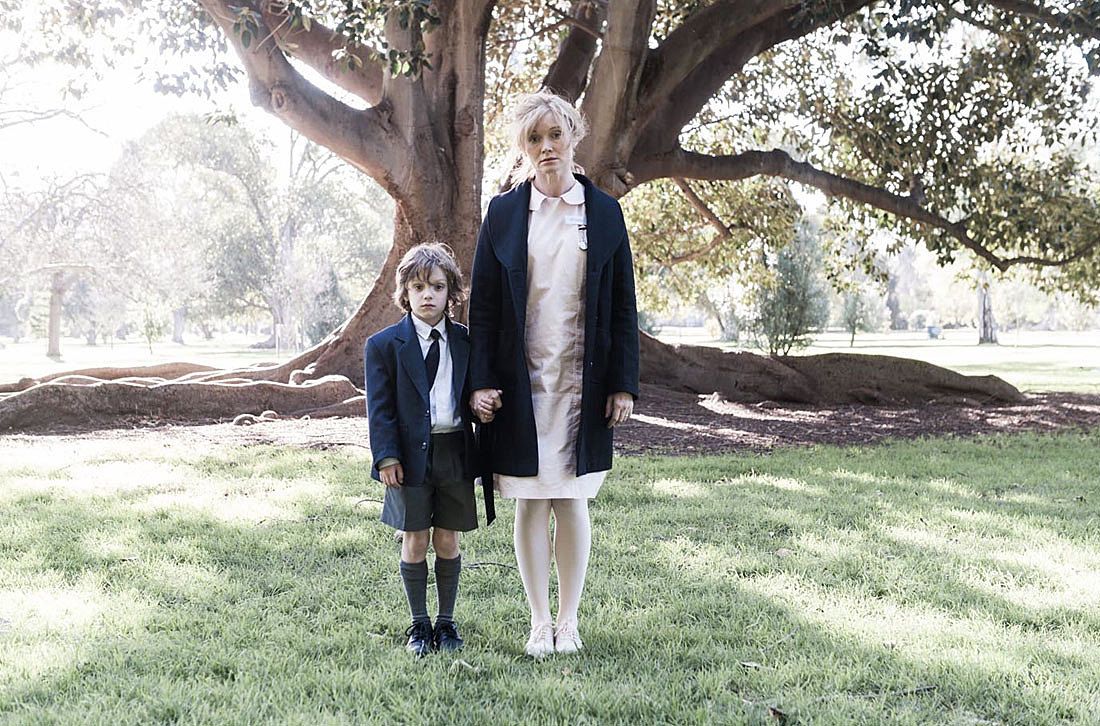Matt Harnett
Matt lives in Melbourne, where he edited the Punch as a Senior Editor from a safe distance until 2018. His first editorial gig was co-helming the University of Auckland’s Craccum (sorry), and he’s since had a bunch of editorial and comms roles. His particular interests include digital culture, literature and the interface between the two. He also edits Going Down Swinging, a Melbourne-based literary journal.
Everything By: Matt Harnett
Matt Harnett on the inauthenticity and sadness of what the viral proposal video represents.
It was about halfway through Aussie horror The Babadook that I realised the stomach-churning anxiety I felt had less to do with the film’s monster than the social class of the protagonists: they were poor.
In the first of our new-look Internet Histories, Matt takes a look back at the strangest election campaign in living memory, and how it's been reported online and in the media.
Published at the end of last year, 'A New Zealand Book of Beasts' explores the ways Kiwis think about kiwi, and many other creatures too. Using the book as a jumping-off point, Matt investigates how we use animals to think, and what that says about them - and us.
The new Superman movie is a confused mess, but it did a great job of pointing out everything wrong with superhero narratives. Matt investigates whether 2013's Man of Steel is the hero we're looking for - and, if not, who is?
What happens when Australians post hate-speech online rather than shouting it at the footy? They begin to figure out what intolerance feels like, writes Matt Harnett.
New Arrested Development is out 26 May, but we can't legally watch it. Matt Harnett looks at how by single-mindedly pursuing profit, TV companies have made pirates out of us all - and why we shouldn't worry about it.
Matt Harnett speaks with Steve Braunias about his latest book, Civilisation: Twenty Places on the Edge of the World, the point of satire and the special honesty required to turn people into characters.
Matt Harnett talks to Nicky Hager on mass media, democracy, technology and publishing.
Today, we wrap up our love affair with Kim Dotcom with a discussion of his case, how it's been covered in the media and why Dotcom is quite possibly the love child of Ayn Rand.
How does a nation go about 'replacing myth with fact, and lies with truth'? The lessons learned out of the Balkan bloodbaths of the 1990s remain applicable today, to us, though whether we heed them remains an open question.
Cryptic art that frustrates even as it captures your imagination. What's the allure? And is it better than, say, a nice watercolour?
In Part II of this two-part series, Matt Harnett examines the troubling questions the Kim Dotcom case imposes on New Zealand — politically, diplomatically and morally.
In the first of this two-part series, Matt Harnett looks at Kim Dotcom's arrest and the subsequent fall of his empire.
Tom Six is lost in thought. “Beautiful women,” he eventually answers. “I think it would be more bearable that way.” Yes, but which ones? He pauses again. He obviously hasn’t been asked this before, and he’s considering it with the gravity of a man who fully realises what the question entails.



















